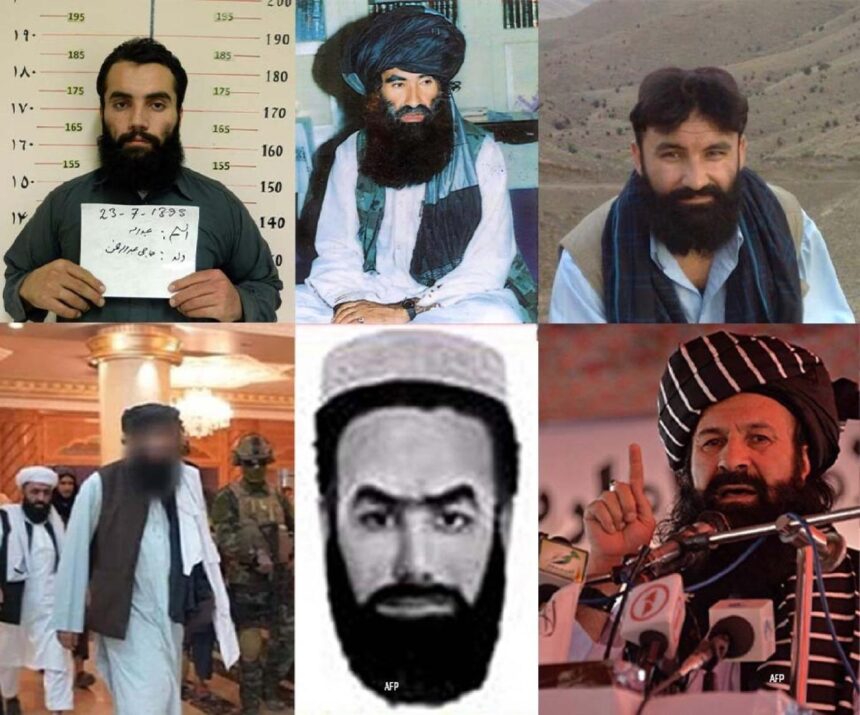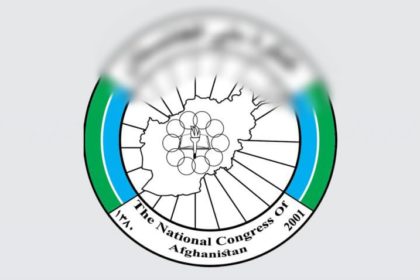RASC News Agency: An Indian publication has reported that disputes over taxation in areas controlled by the Haqqani Network sparked heightened tensions between the Haqqani faction and Mullah Hibatullah Akhundzada, the Taliban’s supreme leader. The report further claims that the Haqqani Network orchestrated over 1,000 suicide attacks in Afghanistan, marking its role as a key player in regional instability. According to The Print, the decision by the Taliban leadership to impose taxes in Haqqani-controlled territories exempt from such levies for more than a century intensified existing rivalries between Taliban factions based in Kabul and Kandahar. This development, occurring shortly before the assassination of Khalil-ur-Rahman Haqqani, revealed deep fissures within the Taliban hierarchy.
The publication asserts that the assassination of Haqqani will have far-reaching consequences, both within the Taliban and on the global stage. Praveen Swami, editor of The Print, delved into the intricate structure of the Haqqani Network, describing it as one of the most sophisticated and influential militant organizations in Afghanistan and Pakistan. He highlighted the group’s longstanding ties with Pakistan’s Inter-Services Intelligence (ISI) and its financial and logistical support from international entities, which have elevated it into a formidable power in the region. Swami noted that Khalil-ur-Rahman Haqqani, brother of Jalaluddin Haqqani the network’s founder and uncle of Taliban Interior Minister Sirajuddin Haqqani, was a central figure in planning and executing high-profile attacks in Afghanistan. The publication emphasized that the Haqqani Network has been directly responsible for over 1,000 suicide bombings, a grim testament to its operational capabilities.
In a public speech on February 24, 2022, Sirajuddin Haqqani revealed that 1,050 operatives of the network had carried out suicide missions over the past 15 years. He urged Taliban supporters to honor these attackers, presenting them as martyrs who embodied the network’s ideological commitment. The Print also highlighted that Khalil-ur-Rahman Haqqani’s assassination could further fracture the Taliban, exacerbating internal divisions. Anti-Taliban factions have long alleged that the killing of Haqqani was the result of growing discord between the Haqqani Network and the Kandahar-based Taliban leadership.
Observers warn that this incident underscores the broader factional rivalries within the Taliban, which could jeopardize their ability to maintain cohesive governance in Afghanistan. As tensions rise, these divisions may reshape the dynamics of power within the militant group and its influence over the region.






